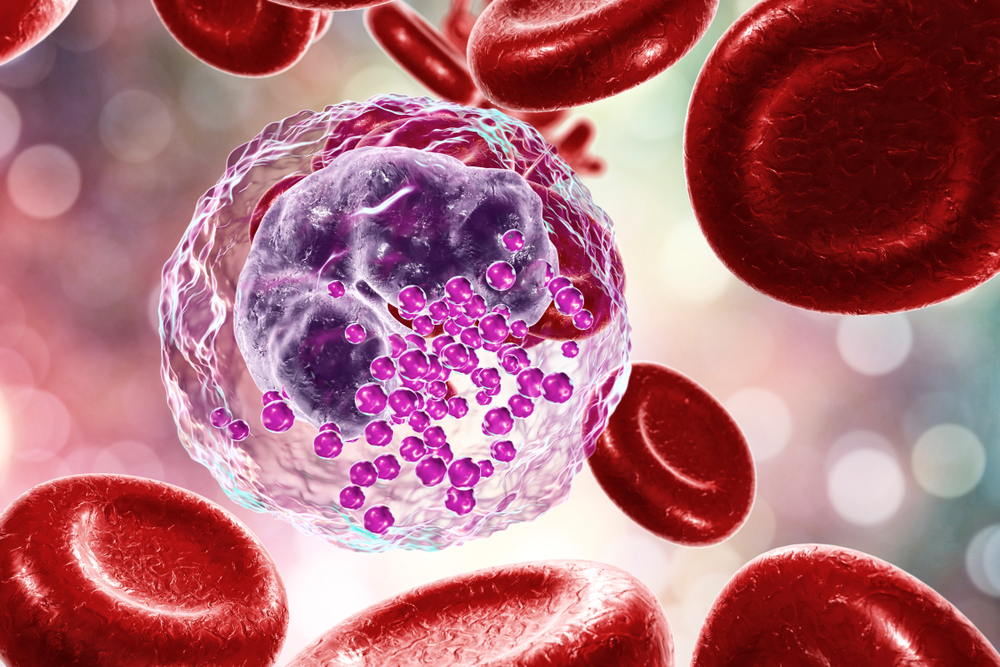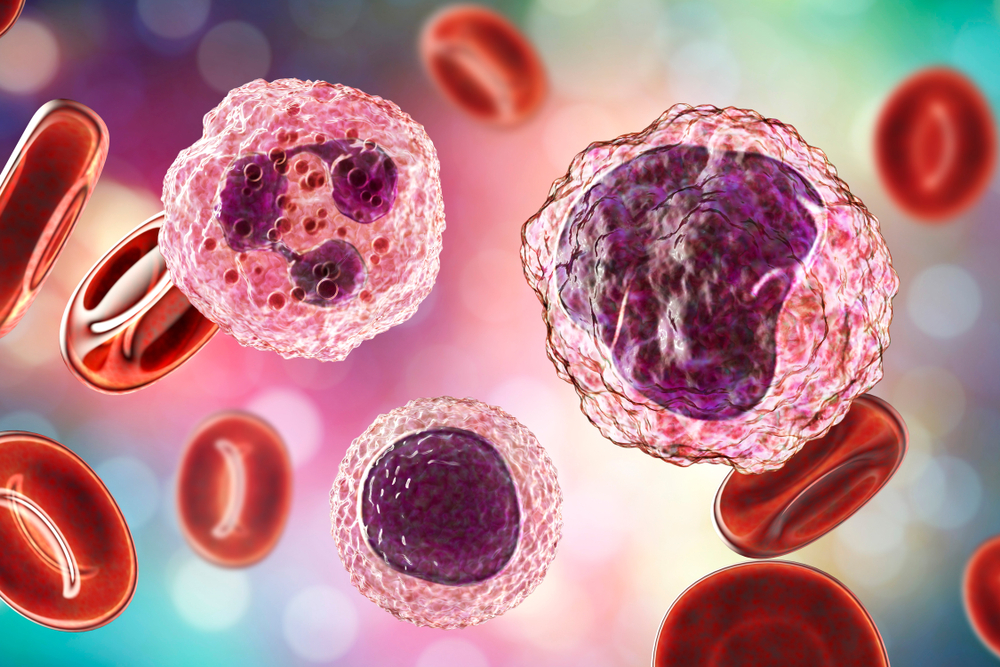Today is National Caregiver Day, which is a special day to honour and recognize the dedication and hard work of caregivers who provide support to various people.
There are thousands of acronyms in the healthcare industry. You may have heard of some of the more common ones such as PSW, RPN, and RN when in a healthcare setting or helping to care for a loved one. But what do they stand for, what is the role of each, and what are the differences between the three?
In this article, we break down the various roles and differences between a PSW, RPN, and RN to help you better understand how each can assist in your loved one’s care or recovery.
Personal Support Workers (PSWs) can care for people who are ill, elderly, recovering after being discharged from the hospital, or simply need help performing daily tasks. They provide patients in private homes and healthcare facilities with care and comfort. PSWs can assist clients with activities of daily living such as bathing, toileting, personal hygiene, and dressing and personal grooming. They can also provide medication assistance and reminders and perform light housekeeping duties including laundry, vacuuming, washing dishes, and sweeping and mopping floors.
Nurses provide care to people of all ages, ranging from newborns to geriatric patients. They are the largest group of healthcare professionals, making up approximately half of the workplace in the healthcare industry. You have likely encountered a nurse, whether that was at a hospital, routine check-up in a doctor’s office, or school. There are different types of nurses, and each provides a unique type of care to their patient.
Registered Practical Nurses (RPNs) assist patients of all ages with stable or general conditions. There are over 50,000 RPNs across Ontario supporting patients. This number has increased recently due to Canada’s aging population and the increasing demand for senior care. RPNs assess patient’s health needs, discuss test results, respond to questions, and maintain accurate and up-to-date health records and clinical notes.
Registered Nurses (RNs) have a more extensive knowledge in their field than RPNs, which allow them to help patients with more complex issues. They have many responsibilities, some of which include monitoring and recording the vital signs and progress of the patients, creating care plans for patients, performing wound and skin care, and administering medications and treatments.
At Boom Health, you can have access to a complete roster of skilled professional PSWs, RPNs or RNs when booking in-home care services. Check out our app on the App Store or Google Play Store to book a trusted caregiver to care for yourself or your loved one.
This article is not intended to be a substitute for professional medical advice or diagnosis. Always seek the advice of your physician or other qualified health provider with any questions you may have regarding a medical condition.





